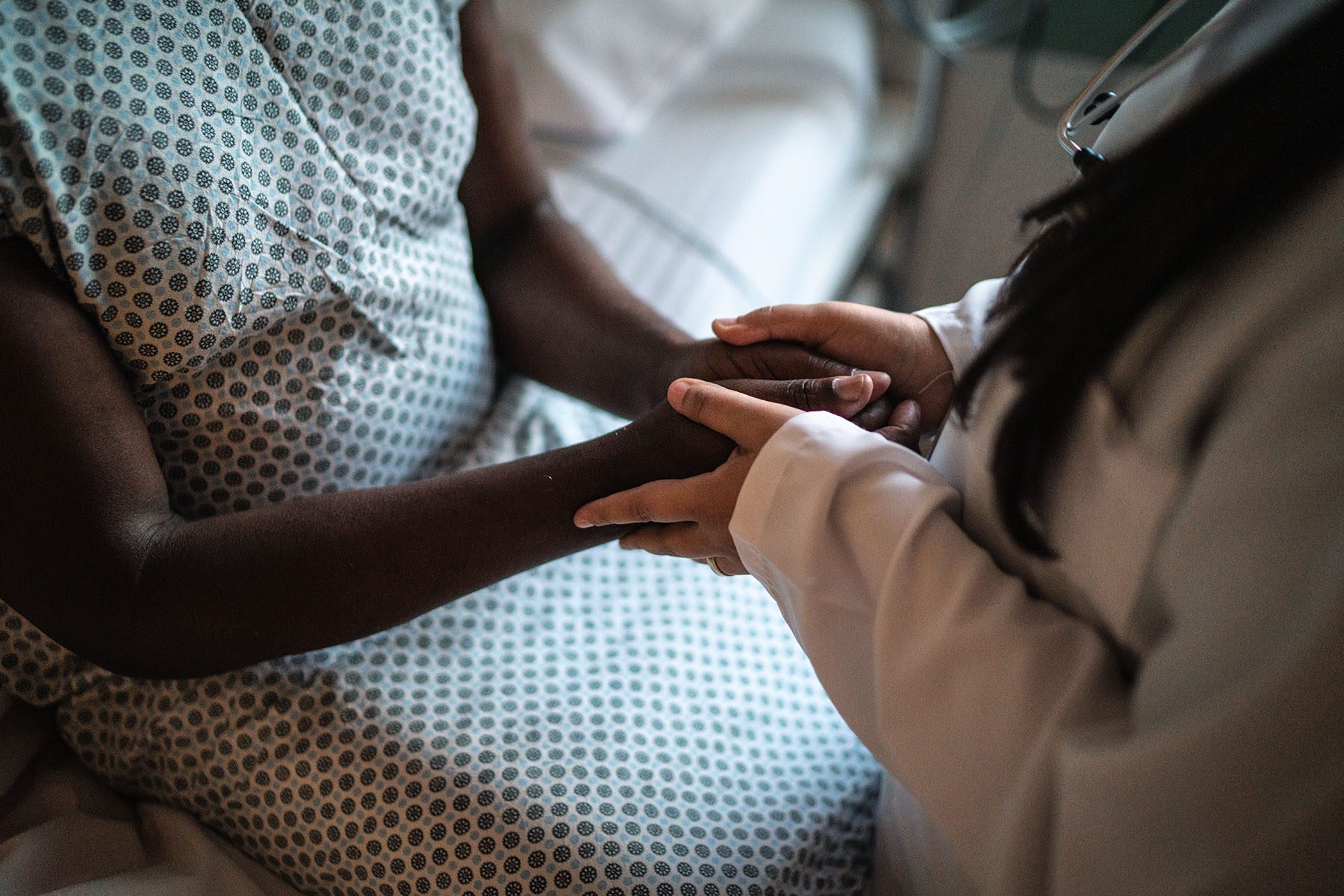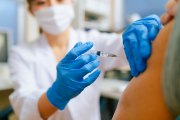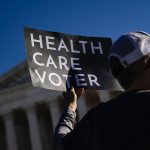Researchers have launched a study of a vaccine they hope will eventually become the first to prevent triple-negative breast cancer, the most aggressive and deadly form of the disease. The study marks a significant step to developing a prevention option for this type of cancer, which disproportionately affects Black people and people under the age of 40.
Triple-negative breast cancer cells test negative for estrogen receptors, progesterone receptors and excess HER2 protein — traits that would have made it susceptible to more targeted treatment.
Approximately 80 percent of the breast tumors that occur in women with mutations in the BRCA1 genes are triple-negative breast cancer. Black American women are about twice as likely as White American women to be diagnosed with triple-negative cancer, and about 28 percent more likely to die from it.
“There is a great need for improved treatments for triple negative breast cancer, which is hampered by the absence of actual treatment targets,” G. Thomas Budd, the principal investigator of the study, said Tuesday in a press call. “Despite representing only about 15 percent of all breast cancers, triple-negative breast cancers account for a disproportionate higher percentage of breast cancer deaths.”
Budd and other experts with Cleveland Clinic’s Lerner Research Institute in Ohio began the phase 1 trial, which is funded by the Department of Defense and expected to be completed in September 2022. This initial study will include 18 to 24 patients who have finished treatment for early-stage triple-negative breast cancer within the past three years and are currently tumor-free but at high risk for recurrence. To recruit a racially diverse population for the study, researchers are reaching out to health care facilities in the city of Cleveland, as well as Cleveland Clinic sites located near communities of color throughout the state.
The vaccine targets a lactation protein expressed in the majority of triple-negative breast cancer cases, said Vincent Tuohy, the primary inventor of the vaccine and staff immunologist at Cleveland Clinic’s Lerner Research Institute. The vaccine is designed to prompt the immune system to destroy the tumor as it emerges and prevent it from growing, he added.
If the first trial is successful, it will be followed by additional research phases and FDA review. We are still years away from mass development and distribution of a triple-negative vaccine, researchers said, but they expressed optimism about the findings so far. The cancer vaccine field at this point is primarily focused on treatment vaccines — which train the body to attack cancer cells — rather than preventive ones, Tuohy said.
-
Read Next
He tied his thinking to what he saw with childhood immunizations. Twenty years ago, Tuohy said, “I noticed that the cancer vaccine field is focused on treatment vaccines.” In contrast, he said, “The entire childhood vaccine program that targets 16 different pathogens is a prophylactic program” focused on preventing disease from taking root.
He is hopeful that this triple-negative vaccine could be used for prevention. Previous preclinical studies showed that this vaccine strategy was safe and effective in preventing breast cancer in mice. The research found that a single vaccination not only inhibited the growth of existing breast tumors but, when given as a preventive, could also keep breast tumors from developing.
“The trick was to figure out a way to introduce the immunity against the cancer before the cancer occurs,” Tuohy said. “Otherwise, in my opinion, it’s like giving a 20-meter head start to Usain Bolt in a 100-meter sprint: you’re letting the tumor have a head start and then you’re coming in with the treatment with the vaccine.”







